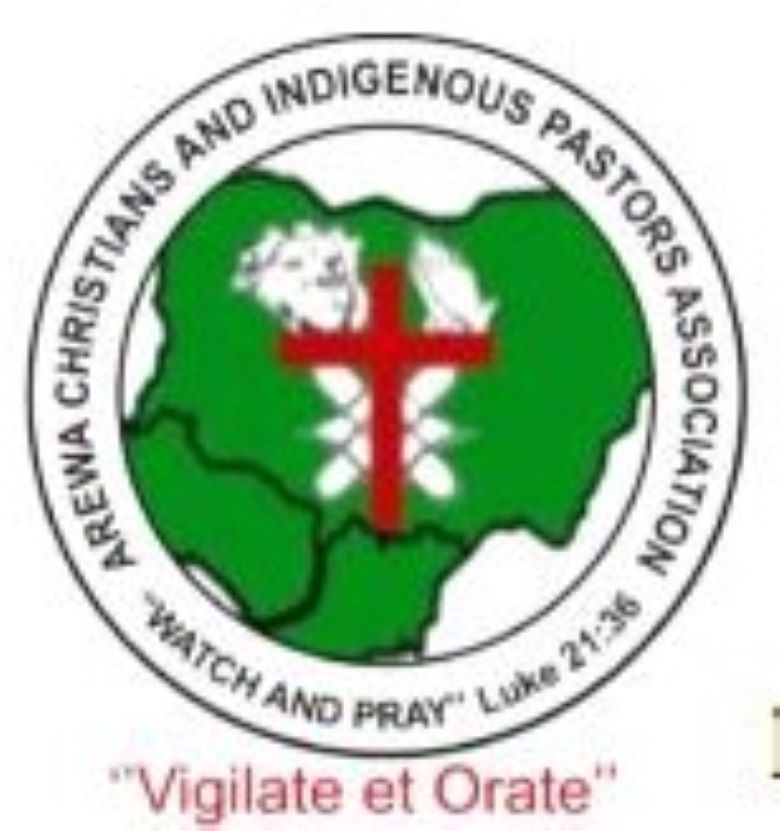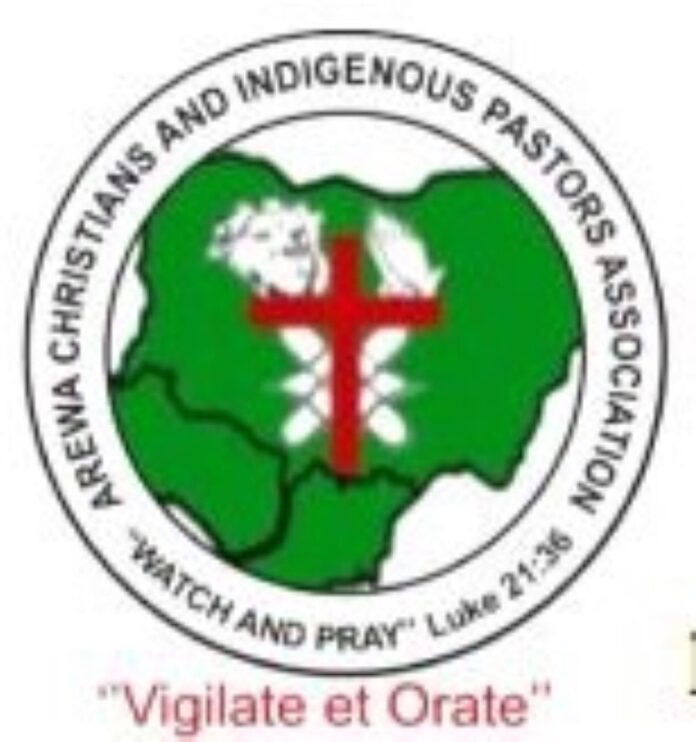In a heartfelt message, the Advocacy Coalition for Integrity and Progress in Nigeria (ACIPA) has called for introspection regarding the state of democracy in Nigeria, urging leaders to prioritise empathy and integrity for the betterment of the nation.
As Nigeria marks its journey from pre-independence through military rule to its current democratic framework, ACIPA posits that the nation’s progress has often fallen short of the visions set forth by its founding fathers and the hopes of its citizens. The coalition highlights critical issues such as economic stagnation, insecurity, inadequate health care, and poor educational services, attributing these failures largely to rampant corruption and a lack of genuine care from leadership.
Referencing Proverbs 29:2, ACIPA emphasizes the importance of righteous leadership, stating, “When the righteous are in authority, the people rejoice: but when the wicked rule, the people mourn.” In light of this, the coalition argues that many Nigerians have little to celebrate in terms of democracy, particularly as numerous citizens struggle to secure basic daily necessities and face growing insecurity.
While ACIPA has previously acknowledged President Bola Ahmed Tinubu’s appointment of Nyesom Wike as Minister of the Federal Capital Territory for his commendable track record, it clarifies that this does not equate to an endorsement of the current administration’s policies or governance.
The coalition also congratulates Rt. Hon. Yakubu Dogara on his recent appointment as chairman of the National Credit Guarantee Company (NCGC) and Mr. Cyril Tsenyil as Managing Director of the North Central Development Commission (NCDC). ACIPA encourages them to embrace their roles with determination, likening their responsibilities to being “salt” and “light” in the ongoing quest to uplift Nigeria.
Furthermore, ACIPA has voiced concerns over the pervasive corruption within the ruling party, suggesting it has become a refuge for those seeking to evade accountability. Despite the efforts of the Economic and Financial Crimes Commission (EFCC), the coalition asserts that some individuals remain untouchable, with their cases manipulated to mislead the public.

The ACIPA warns that unless significant strides are made to combat corruption and restore economic stability, there may be a resurgence of public unrest akin to the #EndSARS protests. The coalition stresses that decisive action is imperative to foster a more equitable and prosperous Nigeria for all.
ACIPA further voiced strong concerns regarding the increasing overlap between political leaders and religious clerics in Nigeria. In a recent statement, the organisation likened this situation to the biblical narrative of Saul usurping the role of Samuel, cautioning that such a dynamic poses significant risks to democratic governance.
According to ACIPA, many politicians have abused their proximity to religious leaders, leading to a troubling silence among clerics when it comes to holding governors and the president accountable for deviations from ethical conduct. The association suggested that some clerics have compromised their integrity for personal gain, thereby failing the public.
ACIPA is closely monitoring the activities of both the ruling party and opposition groups as they engage in alliance-building discussions. The organisation has pledged to remain vigilant and informed, prioritising spiritual insight over emotional bias in future political alignments.
Notably, ACIPA has declared individuals like Nasir El-Rufai, the former governor of Kaduna State, as persona non grata due to his record of undermining Christian representation and his inaction against violence directed at indigenous Christians. The association maintains that such figures will remain liabilities for any political party moving forward.
In addition to monitoring political developments, ACIPA is actively engaging in peace and security initiatives, with recent efforts in Plateau State revealing grave concerns about targeted attacks on Christian communities in the region. The organisation has called upon Governor Caleb Manasseh Mutfwang and other northern governors, as well as President Bola Ahmed Tinubu, to take immediate action to secure their territories against terrorist threats.
ACIPA criticised the apparent shortcomings of Nigeria’s security agencies and the government’s lack of political will to address these issues. The organisation urged all indigenous tribes and Christians to unite in defence of their land and families while remaining cautious of potential infiltrators.
Looking ahead to the 2027 elections, ACIPA set forth key demands for consideration by President Tinubu and other political aspirants, including a commitment to eliminate banditry, combat corruption, restore the value of the Naira, revitalise industrial sectors, and ensure a reliable electricity supply. The organisation also advocates for the establishment of a “Nigeria Border Patrol Guard” to enhance national security against external threats.
Moreover, ACIPA highlighted the need for the creation of additional states in Nigeria to address historical grievances related to marginalisation and promote grassroots development, urging the current government to expedite this process.
As ACIPA continues its advocacy efforts, it remains steadfast in its mission to uphold the rights and dignity of all Nigerians, urging immediate responsiveness from political leaders to the pressing issues facing the nation.
Rev. (Dr) Luke Shehu, Chairman of the Advocacy Coalition for Inclusive Political Agenda (ACIPA), emphasised the urgent need for the Nigerian government, led by President Ahmed Bola Tinubu, to consider the timely creation of additional states. This proposal, he argues, is crucial for grassroots development, enhancing security, and promoting sociocultural identities across the nation.
Rev. Shehu contends that the establishment of new states would foster innovation and self-reliance, enabling local communities to generate revenue independently rather than relying heavily on the federal government. He urged the current administration to confront opposition from “selfish technocrats and politicians” who resist this change, highlighting a widespread public demand for state creation that reflects the will of the people rather than past military decisions.
Expressing gratitude for President Tinubu’s efforts in fostering national unity, particularly through the conferment of national honours and the posthumous pardon of late activist Ken Saro-Wiwa, Shehu also pointed out existing issues of nepotism and imbalanced appointments within the administration. He suggested that such practices undermine the democratic ideals that should be upheld.
In a bold move towards enhancing national cohesion, ACIPA is advocating for the removal of “religion” and “tribe” from all official documents related to educational admissions, employment, and identification processes. Rev. Shehu stated that this step is vital in combating religious intolerance and promoting peaceful coexistence.
Despite Nigeria’s current challenges, including insecurity and corruption, ACIPA remains committed to supporting the government through prayer and advocacy for accountability and development.
As the country approaches democracy day, Rev. Shehu called upon Nigerians to reflect on their resilience rather than celebrate complacently. He conveyed a hopeful message for a brighter future while urging citizens not to take their struggles lightly.
“God bless Nigeria,” he concluded, reinforcing the coalition’s dedication to national progress and unity.

